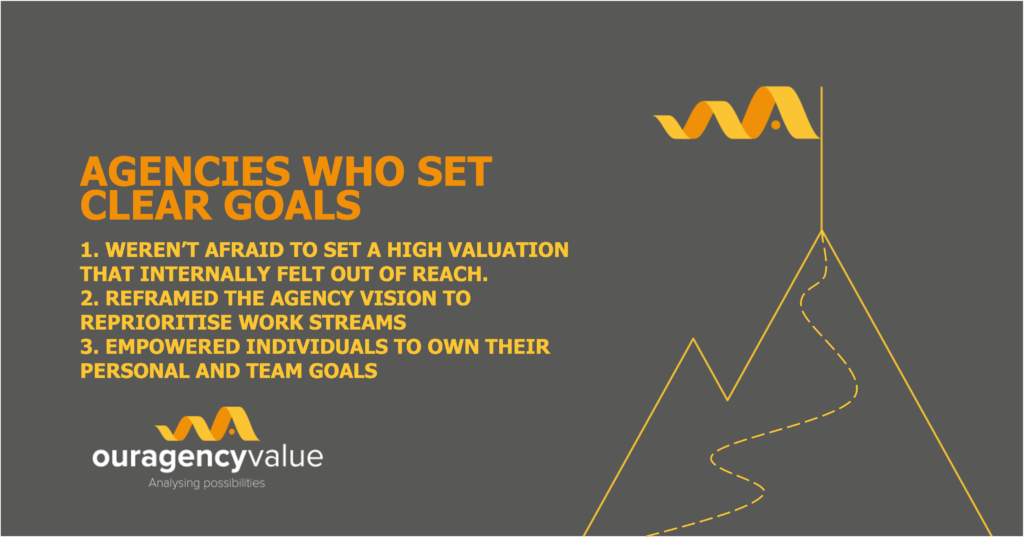‘How to’ mindset will inspire us to achieve our final destination

Knowing the value of your agency is one thing, but understanding how to increase the value of the business and setting a direction is often something new to our Clients. As a result, it is one of the reasons why Agencies say no to a valuation. I can assure you it isn’t that painful or disruptive. We treat the valuation algorithm like a satnav function. I use my satnav every day to guide me to my destination on time easily without the stresses of using a map or relying on my memory to remember the route. I know where I am, how I’m getting there and what time I arrive. Simple, it’s not perfect but I wouldn’t do without it.
Recently, an experienced agency owner mentioned that one of their frustrations when discussing growth at board meetings were some leaders pointing out reasons why the business shouldn’t invest or do something, rather than offering advice on how you can get there. We agree it’s easier to point out problems, issues or challenges rather than helping the debate solve the ‘how to’ question.
This shared insight got me thinking and I undertook a query through a database of valuations and proved that the agencies that have seen the highest increase in valuations over the past three years had set clear goals with the support of a strong leadership team. Nothing new there! However, talking to a few of these agency owners revealed how the agency valuation helped frame the goals and monitor progress with the help of a monthly KPI dashboard.
The agencies who set clear goals based on a valuation tended to:
Set a large increase in value. Successful agencies weren’t afraid to set a high valuation that internally felt out of reach. However, smaller (marginal gain) goals inspired a real belief and confidence that the team were going in the right direction.
Reframe the agency vision to motivate the reprioritisation of some work streams and to challenged a few selfish behaviours.
Empower individuals to own their personal and team goals – allowing them to take real ownership of the plan and defend it when it counts.
To “start with the end in mind” (Stephen Covey) is a great piece of advice.
